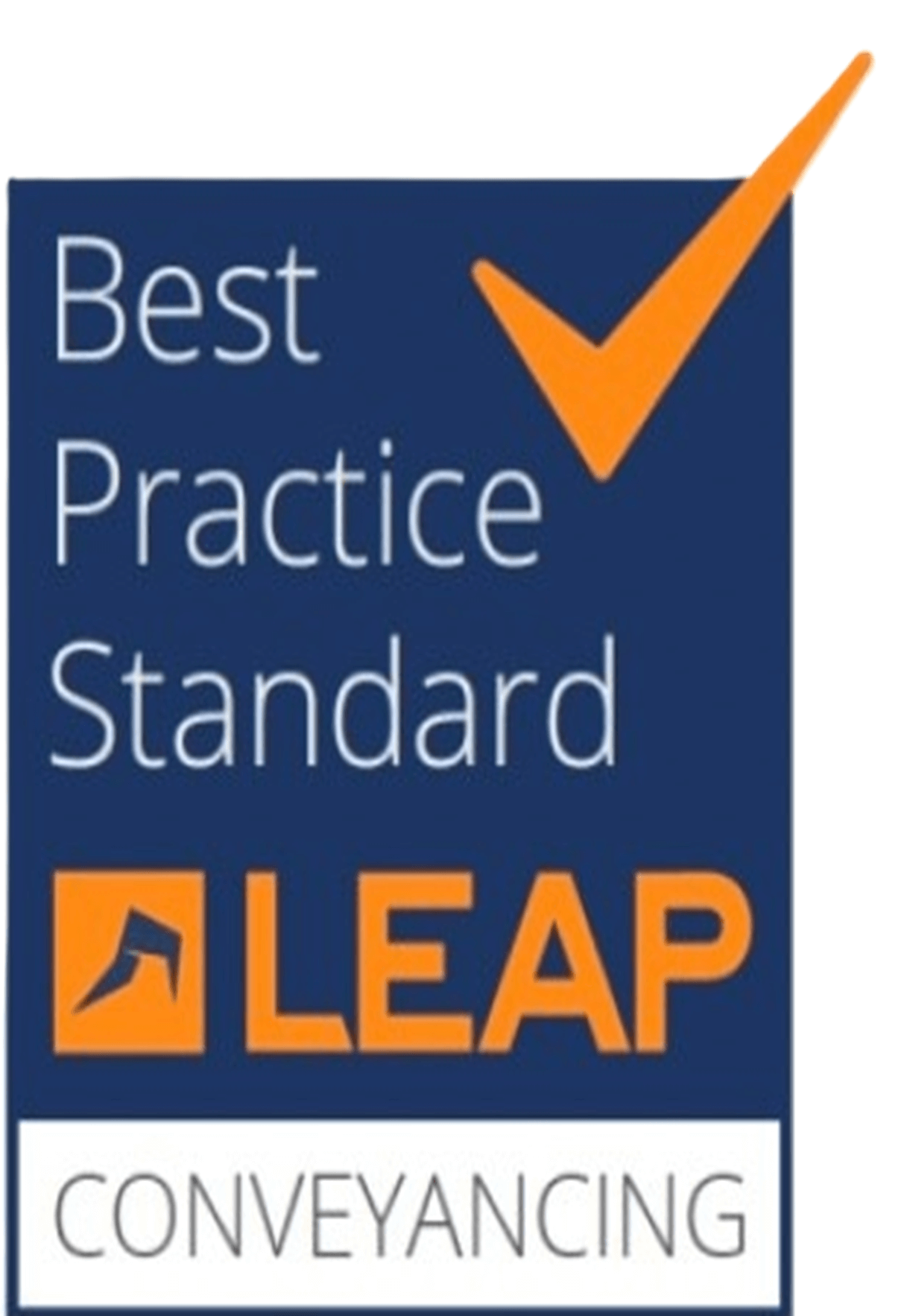After the death of a loved one, thinking about what will happen to their bank account may not be at the forefront of your mind, but it is important to handle these affairs promptly to avoid further difficulties in the future.
A Will provides clear guidance of what your loved one wished you to do with their assets. Without a Will, however, the process becomes a little more challenging.
After a loved one’s death, there are a variety of legal processes which come into effect regarding their bank account. If they have died without a valid Will, the administrator must inform the bank of their passing, providing the death certificate as proof.
Following this, the bank will freeze the account until the letters of administration have been obtained, giving the owner legal authority over the bank account. Sometimes the bank may allow the administrator to access the account without needing letters of administration, but this is only if the amount of money in the account is below a specific threshold.
In the following article, we will answer these key questions to help you better understand what happens to a bank account when someone passes away without a Will…
- Can a bank account be accessed after its owner has passed away without a Will?
- How can you find lost bank accounts?
- How do you inform the bank about the death of a loved one?
- What happens to a joint bank account in the event of intestate?
Can your loved one withdraw money from your bank if you die without a valid Will?
It is illegal to continue to make payments, withdraw money, or use the bank account of an individual who has died without following the correct legal process.
To withdraw money from the deceased’s account, the administrator will need to obtain letters of administration. This will need to be shown to the bank along with a death certificate before you are able to gain access to the account.
If you are waiting for the letters of administration, and you need to make a payment for the funeral, you can take a copy of the death certificate and a copy of the funeral bill to the bank and most banks will release the money directly to the funeral director.
Additionally, it’s important to note that if the deceased individual does not have a valid Will, rules of intestacy will apply when their financial assets are distributed.
How to find lost bank accounts
In some instances, you may not know exactly how many bank accounts the deceased has, or you may be missing key details regarding them. To find these accounts, you can use services such as My Lost Account. However, you may only access this information if you are legally entitled to act on the deceased’s behalf.
Do you have to let the bank know when someone has died?
Letting the bank know that the owner of an account is deceased as early as possible can help you to better manage the financial situation. To do this, you will be required to show the relevant bank the deceased’s death certificate.
Doing so will also ensure the banks freeze the account, preventing additional standing orders or direct debits from being paid. The bank will also be able to help you to identify any documentation you may need to close the account. This is especially important if the deceased did not have a Will.
What happens to a joint bank account after the death of a loved one without a Will?
Without a Will, the wishes of the deceased are unclear, and the administrator may think that the money in the account should be divided with the rest of the deceased’s assets.
Joint accounts come with rights of survivorship, allowing the surviving account owner to keep all money in the account. Property and money that the surviving account holder inherits does not count as part of the estate of the person who has died when it is being valued for the intestacy rules. This can be done by simply presenting the bank with the relevant death certificate.
However, inheritance tax, income tax, and estate tax may have an effect on the joint account. Because of this, it’s important to discuss these matters with the bank and with a Probate lawyer to understand your rights.
How can HPJV solicitors help?
The assistance of a Probate lawyer can help you to manage a loved one’s bank account after their death, even if they do not have a valid Will. This can reduce the amount of stress you are under at this difficult time by having a clear and supportive guide to help you get the best outcome as quickly as possible.
A probate lawyer can help you to obtain letters of administration, advise you on what documents you will require and help you obtain them, complete forms, make applications, etc.
Get in touch with our lawyers in Newport who can help you today.
Give us a call at our offices in Newport or fill in our simple online enquiry form, and a member of our team will be in touch in due course.
No Hidden Costs Same Day Response









